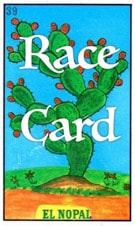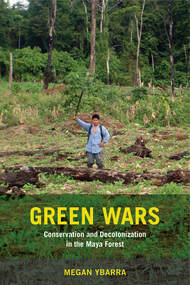My research interests include abolition, environmental justice, and Latinx geographies. My research methods have included archival research of community records and planning documents, community surveys, participant observation and institutional ethnographies to investigate the workings of unequal power relations. I serve on the editorial/advisory boards of Antipode: A Radical Journal of Geography; Environment and Planning D: Society and Space; and The Professional Geographer. I also serve as Chair of the Committee for Annual Honors of the AAG (2023-2024).
 (Illustration by Wesley Carrasco) (Illustration by Wesley Carrasco)
|
My research imagines what abolition geographies mean in practice -- a Tacoma without a detention center? a Seattle without a police department? All too often, seeking to end violence ends up relying on hierarchies of oppression, the non-profit industrial complex (NPIC), and individualized charismatic leadership. Instead, I think about radical placemaking that is centered on relationships of solidarity, an abolition that means that no person --and no land -- is disposable, and building non-hierarchical relations across communities on the same place.
In addition to zines, documentaries, and podcasts, I am working on two book manuscripts. The first, The Aroma of Tacoma, traces the intertwined struggles for the abolition of immigrant detention and environmental justice on Tacoma's Tar Pits. The second, Abolition Ecologies, is a co-authored book with Nik Heynen that offer up freedom experiments for collective lands and peoples. |
My research working with Q'eqchi' land activists challenged my assumptions about a singular Chicanx / Latinx identity. Attention to place-making in Latinx geographies reveals what is at stake in Latino studies' cultural appropriation of Indigenous language and art for Indigenous nations' material claims to their homelands. I both join the call for Latinx geographies to be accountable for anti-Blackness and Indigenous appropriations and trace the importance of Latine collective power in social movements for language justice and immigrant rights.
|
|

